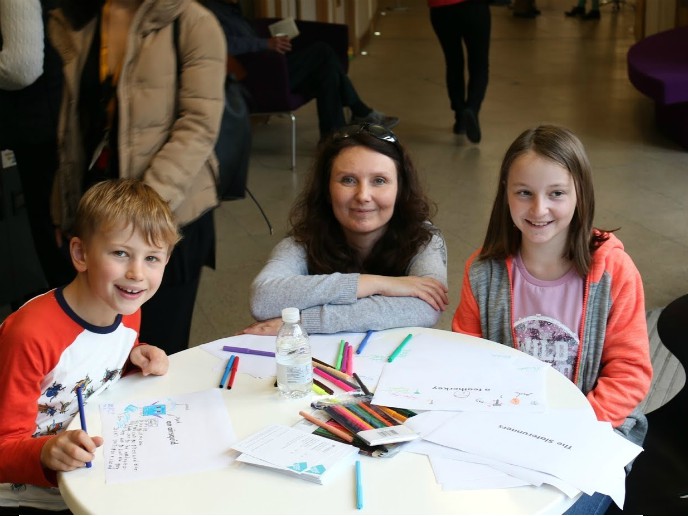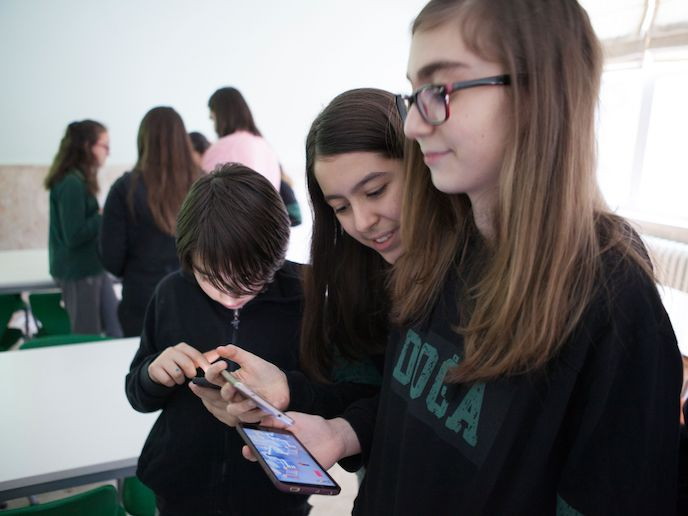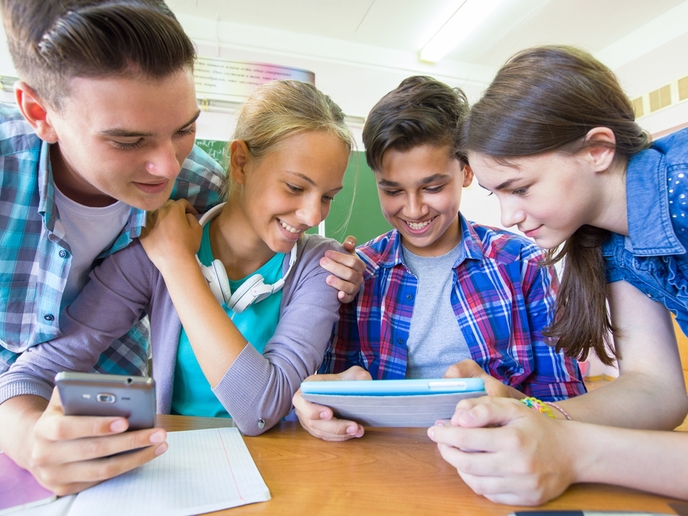Using educational apps to enhance home learning
Early literacy and mathematical competencies are essential prerequisites to a child’s academic achievement. But these competencies must be built before the first bell even rings. In other words, learning has to start at home. “Unfortunately, many children start life disadvantaged due to their family circumstances and a lower-quality home learning environment,” explains Frank Niklas(opens in new window), a professor of Educational Psychology and Family Studies at Ludwig Maximilian University of Munich(opens in new window). While these homes may not offer a high-quality learning environment, one thing they certainly don’t lack are digital devices. “Nowadays, even young children have access to smartphones or tablets at home,” adds Niklas. While the research is rather clear that extended screen time can be detrimental to a child’s development, Niklas wanted to know whether these ubiquitous devices could be used to improve at-home mathematical and literacy learning. “If high-quality educational applications can support learning, they could serve as an easy-to-apply and highly scalable tool for early education intervention,” he says. With the support of the EU-funded Learning4Kids(opens in new window) project, Niklas and his team decided to find out.
A data-based study
The project collected data from 500 children between the ages of four and five and their families. Each family was randomly assigned to one of two interventions or one of two control groups (one with control apps). The intervention groups received tablets with literacy and numeracy learning apps in counterbalanced order, with the apps being swapped in the second phase of the intervention. Parents also received information about fostering a high-quality home learning environment, along with tips on supporting their child’s development. The children’s development was assessed across four years with seven assessments in total. “We expected the intervention to improve the quality of the home learning environment and to support children’s development of literacy and mathematical skills,” remarks Niklas. Turns out, they were right.
Playing high-quality learning apps leads to significant learning gains
The project, which received support from the European Research Council(opens in new window), successfully demonstrated the effectiveness of their interventional approach. “Playing our apps led to significant learning gains for all children regardless of their individual and family background,” notes Niklas. Specifically, the mathematics learning apps supported gains in mathematical competencies, and the literacy learning apps supported gains in literacy competencies. Findings also indicate that children learn better and in a more sustained manner when they start with the literacy apps and have access to the maths apps afterwards.
Assessing the home learning environment
Beyond its work with learning apps, the project studied the home learning environment. “Learning4Kids is the first study to comprehensively assess the home numeracy and literacy environment and its impact on early child competencies and achievements,” says Niklas. The project is also unique in that it is one of the first to use mobile sensing technology within the fields of educational and developmental psychology. The technology was applied to assess the exact usage times of the learning applications. While Learning4Kids was full of firsts, these results likely won’t be the last. “My team and I are currently conducting a small-scale app study focused on a child’s development of social-emotional competencies,” concludes Niklas. “We also plan to explore the use of natural language processing in learning applications.” Many of the project’s results have been published in several high-ranking academic journals, including the prestigious ‘Journal of Educational Psychology’(opens in new window) and ‘Child Development’(opens in new window).







